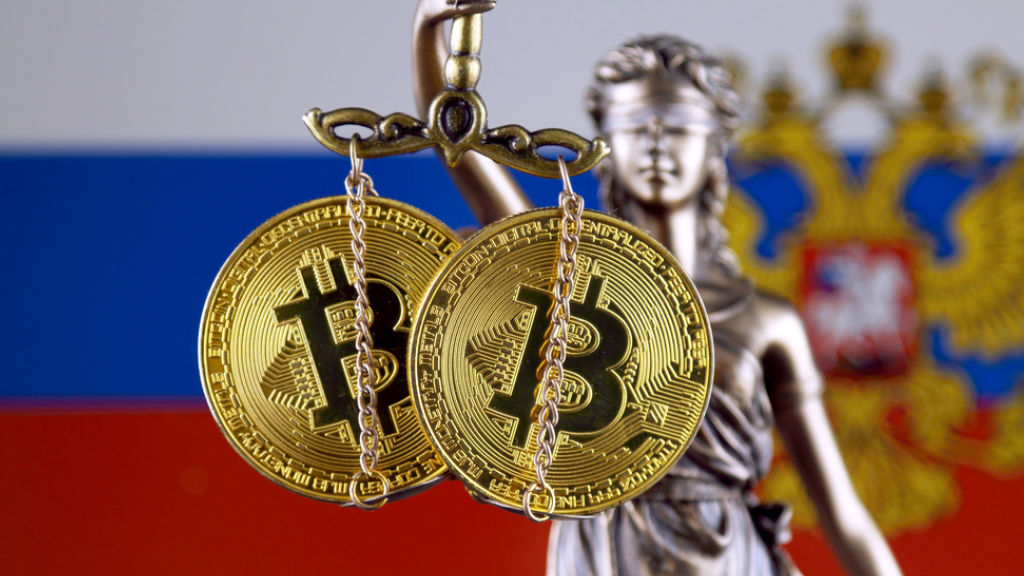Russia just became the world’s largest crypto economy
As we had predicted, Russia has adopted a law in the second and third readings that allows cross-border settlements and exchange trading in digital currency within the framework of experimental legal regimes (ELR) from September 1. Russian lawmakers also legalized cryptocurrency mining in Russia. The Central Bank has stated that the first settlements in cryptocurrency will begin before the end of this year.
Russia will be the largest economy in the world to accept cryptocurrencies, with this digital step forward marking a significant step in crypto being assimilated into global transaction mechanisms.
Anatoly Aksakov, head of the Duma Committee on Financial Markets, stated that “We are actually making a historic decision. We have allowed many issues related to the settlements of Russian businesses and their foreign partners to be resolved.”
According to the new law, the Central Bank is vested with the functions of an authorised and regulatory body for ELR issues in the sphere of digital money circulation.
How It Works
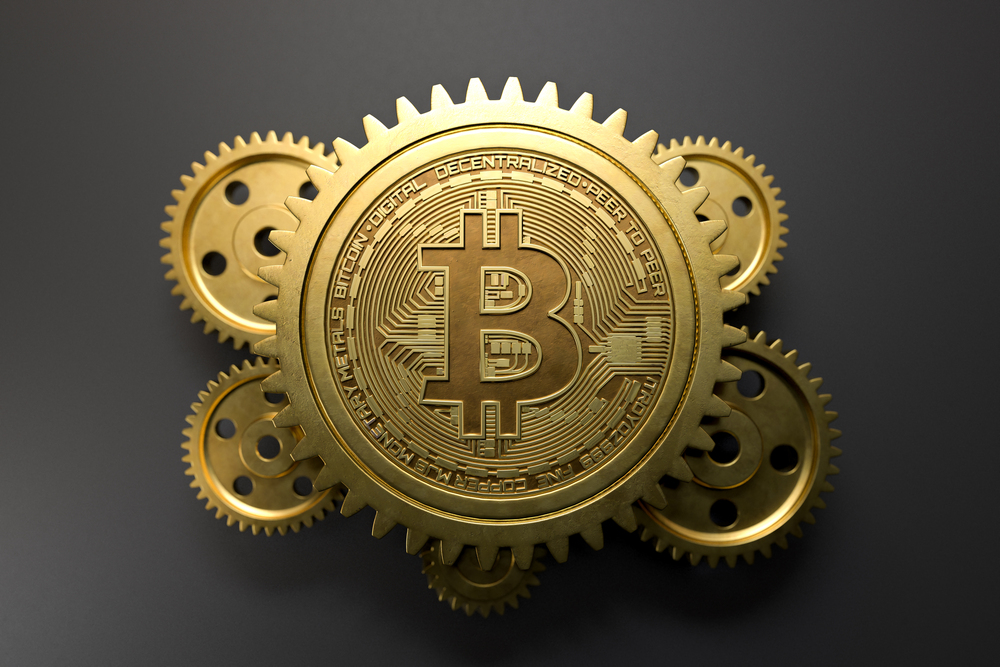
To be clear, it should be underlined however that the current legislation continues to prohibit the use of digital currency in settlements. What it does do is allow the use of cryptocurrency as a means of payment in foreign trade activities within the ELR. The ELR program must define the rights and obligations of the participants in such settlements, as well as currency control bodies and agents.
The assumption is that should the ELR programme work well, the system may be rolled out as a general service once legislation is approved for this purpose. When this happens, it will fundamentally change financial settlement processes. Central Banks around the world will be paying close attention to what is essentially a huge, controlled Russian experiment – accelerated by the imposition of Western sanctions, yet with the capability of introducing the concept of sovereign-to-sovereign transfers without the need to go via US controlled mechanisms such as the SWIFT payment network, or involve use of the US dollar as an intermediary currency, or any of the US interbank services. In theory, it should make cross-border financial transactions more effective, and less costly.
The Central Bank will also create a special electronic platform for transactions with digital currencies based on the National Payment System (NPS), determine the rules of its operation, as well as the requirements for the activities of its operator. Starting in September, the Central Bank will be able to conduct several experiments at once:
- The use of cryptocurrency for settlements in foreign trade,
- Conducting exchange trading in cryptocurrency,
- The creation of an electronic platform for cryptocurrency transactions based on the NPS.
Crypto Mining
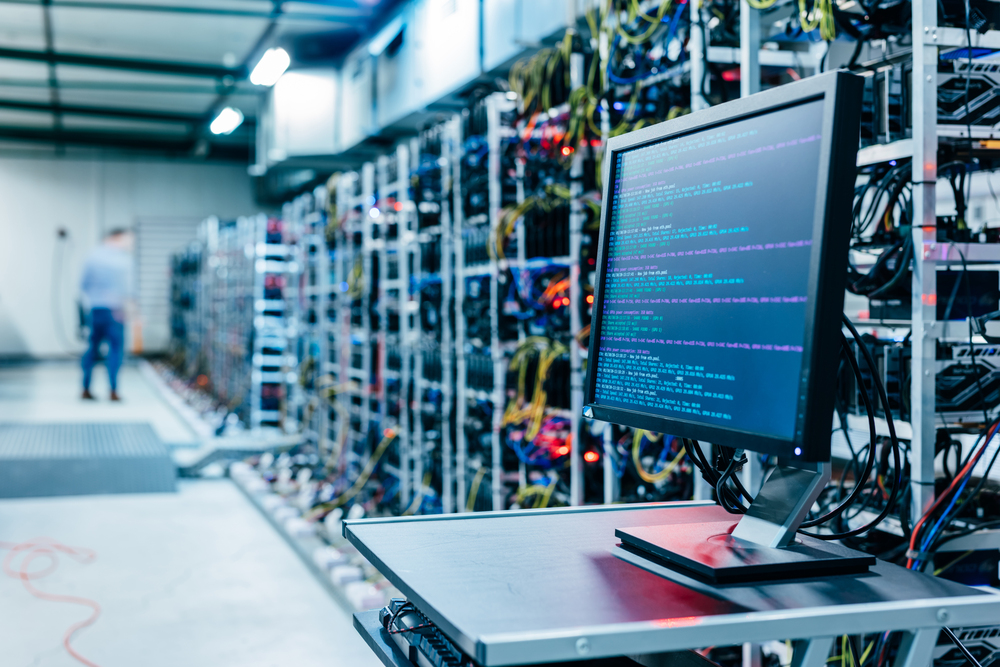
Laws were also adopted that allow the legalisation of cryptocurrency mining in Russia starting in November. Russian legal entities and individual entrepreneurs (IE) included in the register of the Ministry of Digital Development of Russia will be able to engage in mining. Russians who are not IE will be able to mine digital currency without being included in the register if they do not exceed the energy consumption limits established by the Russian government. Legal entities and IE will be able to operate a mining infrastructure operator after being included in the register of such operators, which will be maintained by the Ministry of Digital Development.
At the same time, IEs with an unexpunged or unexpunged conviction for crimes in the economic sphere, against state power, or for intentional crimes of medium gravity, serious and especially serious crimes; included in the list of terrorists and extremists will not be able to engage in mining; as well as legal entities that have such persons among the founders (participants), beneficiaries and managers.
Caveats
A ban on organising the circulation of digital currency in Russia was excluded from the document, while a ban on advertising cryptocurrencies and offering them to an unlimited number of people is now to become effective immediately after the law comes into force.
Blockchain

The Duma Committee on the Financial Market has also recommended the adoption of laws according to which foreign digital financial assets (DFA) will be able to trade on Russian blockchain platforms. As part of these clarifications, the Central Bank is given the right to impose a ban on the placement of individual issues if it determines that this poses a threat to the financial stability of Russia. The amendments also simplify the integration of Russian DFA with foreign systems.
Anton Gorelkin, the Deputy Chairman of the State Duma Committee on Information Policy, Information Technology and Communications explained this by saying “We have made balanced laws that will help the industry develop effectively. We consider cryptocurrencies as a tool for bypassing sanctions and as a focal point for high-tech exports” According to him, Russia currently ranks second in the world in mining.
The Digital Ruble
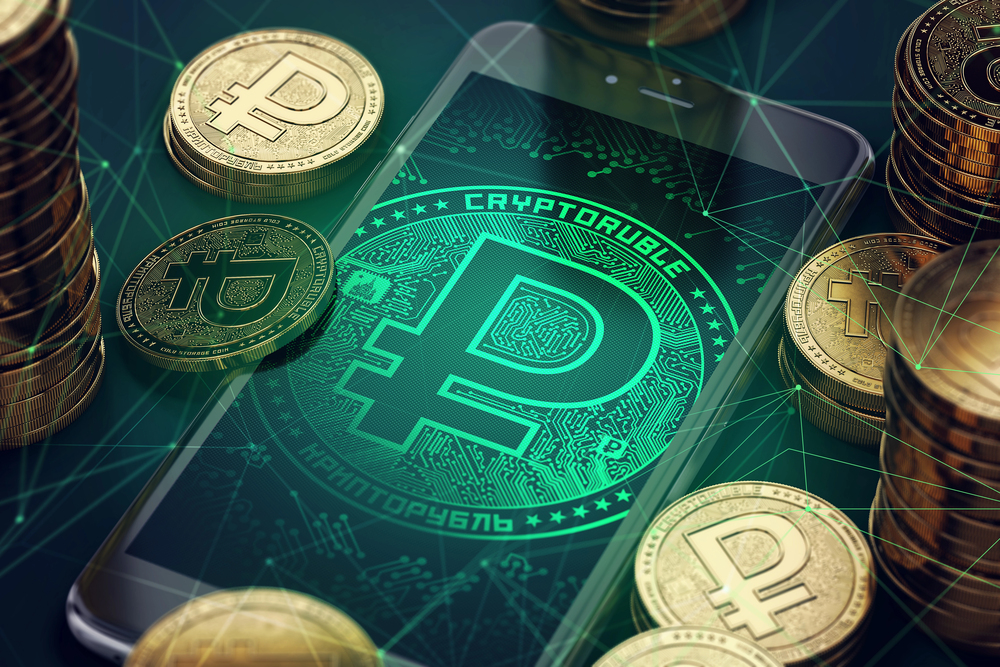
Elvira Nabiullina, the head of the Russian Central Bank, said that “Cross-border payments are vulnerable to sanctions as long as they are made in dollar and euro via SWIFT, which is why it is important to develop alternative channels. What is currently very worrying both for us and Russian businesses are cross-border payments. Business, as a rule, always finds a way out, but within chains, terms are extended, and costs are growing.”
At the same time, the Central Bank expects that the first experimental cross-border payments in cryptocurrencies will take place before the end of this year. “We are already discussing the terms of the experiment with Russia’s Ministries and with the business communty” Nabiullina noted. “In the future, cross-border settlements in Central Bank Digital Currencies are also possible. We are in dialogue with a number of countries about this.”
Foreign Bank Participation
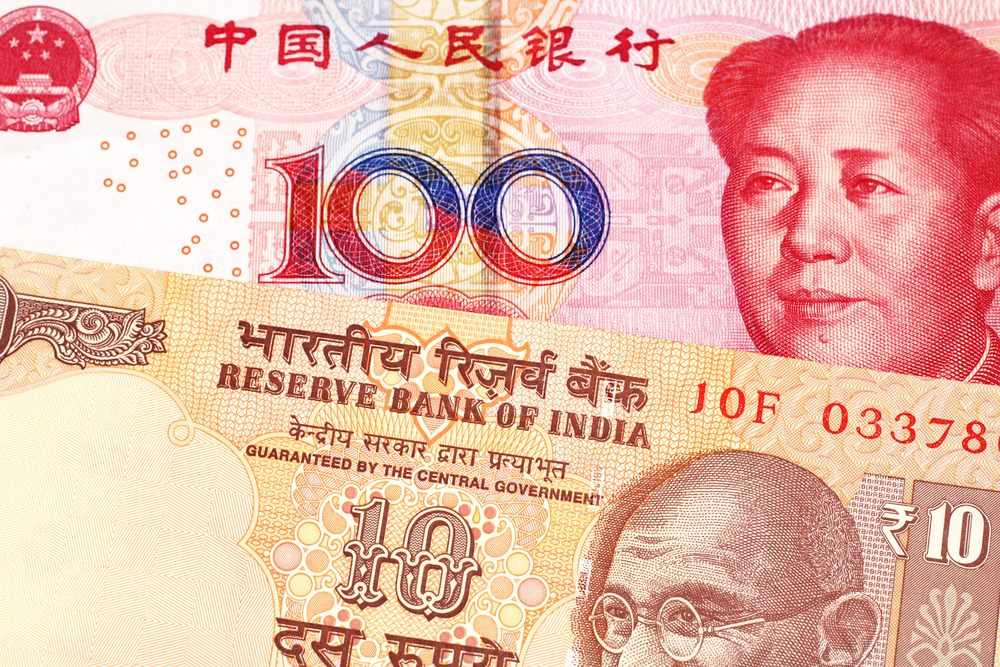
In the third major piece of legislation that Russia passed last week, and again as we predicted, Russia will now allow foreign banks to open one branch in Russia. This change will help create conditions for the development of the international settlement system; and will also help attract foreign investment to the Russian economy. In return for assisting with digital trade and the development of Russia’s alternative, non-US influenced cross-border transactional development, these banks will be able to carry out professional activities in the securities market through a branch in Russia to enable them to turn a profit. As we previously pointed out:
“It should also be noted that the types of banks involved in establishing branches in Russia are not expected to be tier 1 or even tier 2 banks, but instead limited to regional bank with no other international exposure. Otherwise, they could be subjected to sanctions. Having no international exposure means that risk is minimised. This means that say a small provincial bank in India or China could end up becoming a specialist bank dealing exclusively with Russian transactions. Do not therefore be surprised to see banks with obscure titles such as “The Guizhou Trading Bank” or the “Simla Cooperative Bank” (neither of which actually exist) apply for branch offices in Russia.”
Branches of foreign banks in Russia will be able to open and maintain accounts, and transfer funds through them but taking into account the restrictions established for them. These branches will not be able to open accounts for individuals.
Regarding transactions involving individuals, including individual entrepreneurs, a foreign bank through its branch in Russia will only be able to carry out the purchase and sale of foreign currency in cash and non-cash forms without opening bank accounts, as well as transfers without opening accounts, including electronic money.
Branches will also not be able to attract cash and precious metals from individuals and legal entities as deposits; open and maintain accounts in precious metals, conduct transactions with precious metals. They will also be prohibited from engaging in manufacturing, trading and insurance activities.
Systemic Development – Professional Opinions

Georgy Nikonov, CEO of Russia’s Vepay payment service provider, hs said that “It is important to remember that cross-border payments for business are a huge infrastructure that has been built over the years, and the mechanisms for processing such payments were assembled based on the enormous experience gained earlier. Any new working mechanism will definitely be in demand. At the moment, there is no clearly described legislative act and clear procedures regulating the full cycle of the emergence of cryptocurrency, its maintenance in accounts and further settlements. If the regulator and the relevant blockchain platforms or its operators provide clear regulations for all industries engaged in foreign trade activities, this will definitely become interesting.”
Dmitry Tselishchev, Managing Director of Rikom Trust says that “The other side of this interaction is that the recipient of such payments must be connected to Russian blockchain platforms and be able to decrypt the transmitted data, and this requires a significant amount of time for integration, testing and debugging of the service. In addition to admitting foreign digital financial assets, it is important to build a fully functional infrastructure both within the country, the interstate level, while legitimizing digital financial assets as a settlement instrument within Russia.”
Maria Girich, at the Russia-OECD Centre of the Presidential Academy says that “The new norm will allow foreign digital financial assets to be launched on the Russian market. However, the biggest question is that a number of friendly countries (except Brazil and the UAE) simply do not have similar assets. For example, India and South Africa (BRICS countries) do not have a digital financial asset as such, and in China, any cryptocurrencies and digital financial assets are completely prohibited. This will not solve the problem of cross-border payments, since digital financial assets are not currently a popular means of payment. In addition, digital financial assets are actually relevant only for the Russian market; cryptocurrencies will be in demand for foreign markets.”
Whatever the opinions, Russia has taken brave new steps into a Digital Financial World – and is wisely taking it step by step. Much needs to be done to make the systems bullet-proof – one can imagine that the response from the United States is highly likely to be hostile towards any attempts – as Russia’s plans certainly are – to depart the financial transactional global sphere that it has surrounded itself with as a huge planetary sun with other global economies orbiting around it. Russia’s moves are also the preliminary steps in a global, digital financial revolution with the potential to build an entirely new solar system built on the concept of sovereign control over cross-border transactions.
Further Reading
De-Dollarizing Via mBridge – How Close Are We?

 Русский
Русский








